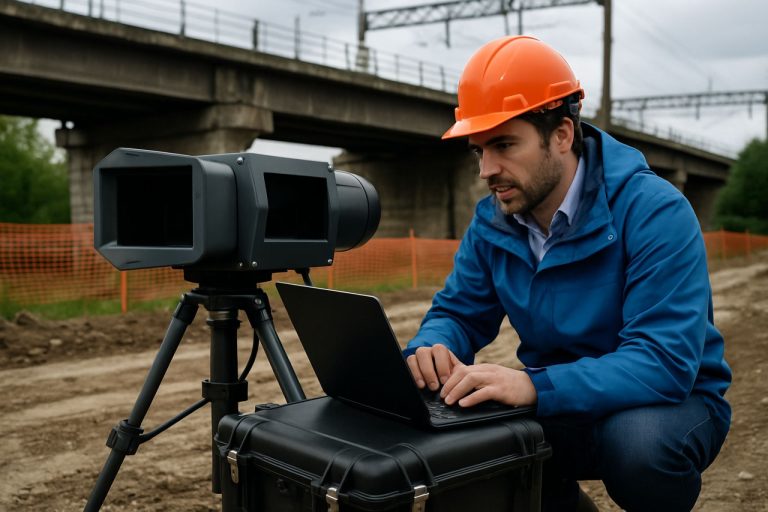2025: The Year Muonic Imaging Revolutionizes Underground Infrastructure—Discover How Cutting-Edge Particle Technology is Transforming Detection, Risk Mitigation,...
Infrastructure
Infrastructure refers to the essential physical and organizational structures and facilities needed for the operation of a society or enterprise. This includes a wide range of systems and services such as transportation networks (roads, bridges, railways), utilities (water supply, electricity, telecommunications), and public services (schools, hospitals). Infrastructure supports economic activities and enables the movement of goods and people, as well as the distribution of resources. It plays a critical role in enhancing productivity, quality of life, and overall societal function. Well-developed infrastructure is crucial for sustainable development and can influence a region’s competitiveness and resilience to challenges.
Table of Contents Executive Summary: 2025 Global Market Outlook Key Drivers Accelerating Adoption of Geopolymer Orthotropic Panels...
Table of Contents Executive Summary & Key Findings Market Size and 2025–2030 Growth Forecasts Technology Innovations: Latest...
EVgo, the largest electric vehicle charging network in the United States, is making waves with an ambitious...
Challenges of Electric Vehicle Adoption in Jasper Despite the growing popularity of electric vehicles (EVs) across the...
New Electric Vehicle Charging Stations Now Available in Goleta Goleta, CA – January 24, 2025 – A...
Electric Vehicle Infrastructure Expands in Imperial Valley Imperial Valley is taking a significant leap towards greener transportation...
New era for electric trucks at the twin ports. As the demand for heavy-duty electric vehicles (EVs)...
The Uncertain Future of Electric Vehicle Funding in Michigan In Michigan, tens of millions in federal dollars...
New Ventures in North Kessock A transformative project has been approved on the Black Isle that promises...













